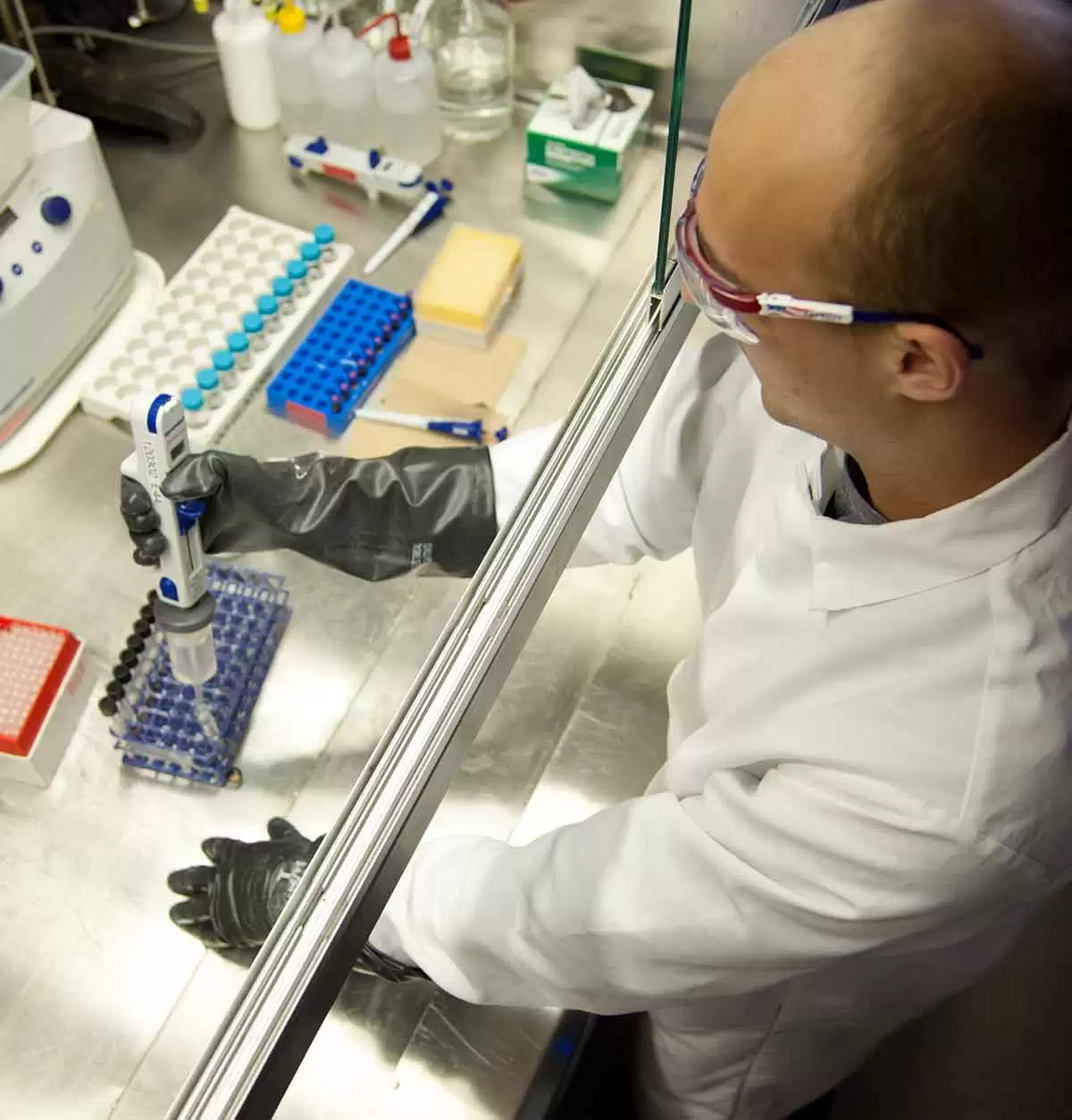-
Posts
28,422 -
Joined
-
Last visited
-
Days Won
630
Content Type
Profiles
Forums
Events
Blogs
Latest Celiac Disease News & Research:
Everything posted by Scott Adams
-

Increased appetite
Scott Adams replied to BrianG's topic in Post Diagnosis, Recovery & Treatment of Celiac Disease
Gaining weight could be normal for some people with celiac disease who are in recovery, and this is often caused by the recovery of damaged villi, so you are now absorbing nutrients better. Some people with celiac disease are actually overweight because they feel like they are starving all the time, and they actually are, so they over eat to compensate. To... -
For what it's worth, my daughter who is officially gluten sensitive and not a diagnosed celiac (high antibodies but just below the cut off for celiac disease, thus never did a biopsy) had one major symptom: the feeling that food was getting stuck in her esophagus. It bothered her so much that she decided to go gluten-free, and her symptoms went away. I believe...
-

Just crack and egg
Scott Adams replied to razzle5150's topic in Gluten-Free Foods, Products, Shopping & Medications
I looked at a few of their products and they do seem to be naturally gluten-free, but highly processed with tons of ingredients. They are made by Kraft Foods, which is very good about disclosing allergens. I did not see "Contains Wheat" on any I looked at: https://www.justcrackanegg.net/ -

Refractory Celiac?
Scott Adams replied to J Morgan's topic in Post Diagnosis, Recovery & Treatment of Celiac Disease
I'm sorry to hear that you're still having issues and had to go to the ER. Are you still eating the Kate Farms’s nutritional shakes each day? If so, I really think you should change this up and try making your own shakes from scratch, switching to whole foods you prepare, etc, and keeping a food diary. It's possible you have a separate intolerance t... -

Great Value Deglet Noor Dates
Scott Adams replied to Tyrexs's topic in Gluten-Free Foods, Products, Shopping & Medications
I'm not aware of the Great Value brand having an issue with cross contamination, but there are certainly lots of other brands of dates that are unlikely to be contaminated. For example, dates from Arizona and California are grown in the desert where no wheat is grown for hundreds of miles: https://oasisdate.com/ -

Kirkland Brand Gluten Free
Scott Adams replied to fortworthmom's topic in Gluten-Free Foods, Products, Shopping & Medications
Some people have other sensitivities, for example to legumes. It's pretty unlikely that the frozen vegetables or the chicken would contain any gluten, but it's not impossible. -
Hello Emile and welcome to the forum. It's possible that your rash could be gluten-related if you have celiac disease or gluten sensitivity, but it would not be in an area that is typical for dermatitis herpetiformis, which is the skin condition associated with celiac disease. The only way to be sure would be to see a dermatologist about it (recommended)...
-

Help with celiac test results
Scott Adams replied to SharonM's topic in Celiac Disease Pre-Diagnosis, Testing & Symptoms
Hi Sharon, welcome to the forum! I’m sorry to hear about your melanoma diagnosis. Regarding your celiac test results, it looks like part of the scan you posted got cut off and I’m not sure I am reading all of it. Is it possible for you to post a full scan because I can’t see the whole thing here? -
You should ask them how they are made because my daughter made some at home and the recipe called for her to dip the cheese in egg first, then flour before frying it (she used a gluten-free flour).
-
Welcome to the forum! It seems you have at least part of the answer already: gluten sensitivity. Everything you’ve described leaves little doubt that she should not be eating any gluten. Whether or not you want to go down the difficult road to screen her again for celiac disease is up to you, but no matter the results her outcome would likely not change: ...
-

Exercise Intolerance/Hydration Issues
Scott Adams replied to glutenfreefireman's topic in Sports and Fitness
Welcome to the forum! I did a quick search of our site for "exercise intolerance" and found a few hits: https://www.celiac.com/search/?q="exercise intolerance"&updated_after=any&sortby=relevancy but I admit that I don't know too much about it. It does seem possible that if you had celiac disease it could cause malabsorption of nutrients, and cause... -
Welcome to the forum! If you strongly suspect celiac disease, then you should know that to be tested for it you need to be eating gluten daily for at least 6-8 weeks before taking a blood test for it. I recommend that you get tested before going gluten-free. You may also need to do an endoscopy to confirm the diagnosis, and it's recommended that you keep...
-

Great Value Deglet Noor Dates
Scott Adams replied to Tyrexs's topic in Gluten-Free Foods, Products, Shopping & Medications
If they used wheat in any way they would need to include this as an allergen on the ingredient label. The only ingredients are "dates": https://www.walmart.com/ip/Great-Value-Pitted-Deglet-Noor-Dates-8-oz/578393789 -

Great Value Napkins
Scott Adams replied to 73Mags's topic in Gluten-Free Foods, Products, Shopping & Medications
Welcome to the forum. It's doubtful that paper napkins would contain any gluten, but I suppose it's not impossible. You would likely need to contact the maker of the napkins to find out. In the 25+ years of running this site I've never heard that paper napkins could be a concern for those with celiac disease. -

Illinois Bill Moves to Protect Celiacs from Hidden Gluten in Drugs
Scott Adams commented on Scott Adams's article in Product Labeling Regulations
This is great to hear, and I did not know this about prescriptions in the UK. I hope the USA can finally deal with this and disclose gluten on prescription meds.- 6 comments
-

anti tTG update
Scott Adams replied to Ivana's topic in Post Diagnosis, Recovery & Treatment of Celiac Disease
Casein intolerance I believe can, in rare cases, cause villi damage, but it's not very common. I'd like to see more research on this though. I I think you're probably correct, and the long recovery time may be due to your initial really high antibody levels. If they don't go down further consider the casein possibility. -

CELIAC DISEASE AND POLYCYTHEMA VERA
Scott Adams replied to SamIPD's topic in Related Issues & Disorders
I think it has only happened a couple of time before over the last 20 years, so it is a bit unusual. -

anti tTG update
Scott Adams replied to Ivana's topic in Post Diagnosis, Recovery & Treatment of Celiac Disease
Thanks for the update! On one had, you are lucky not to have noticeable symptoms, and it's great to hear that you are still vigilant about your gluten-free diet, but as you may know your health risks are the same as those who are symptomatic, and unfortunately many in your shoes don't take the diet as seriously when they are asymptomatic. 900 tTG is...




